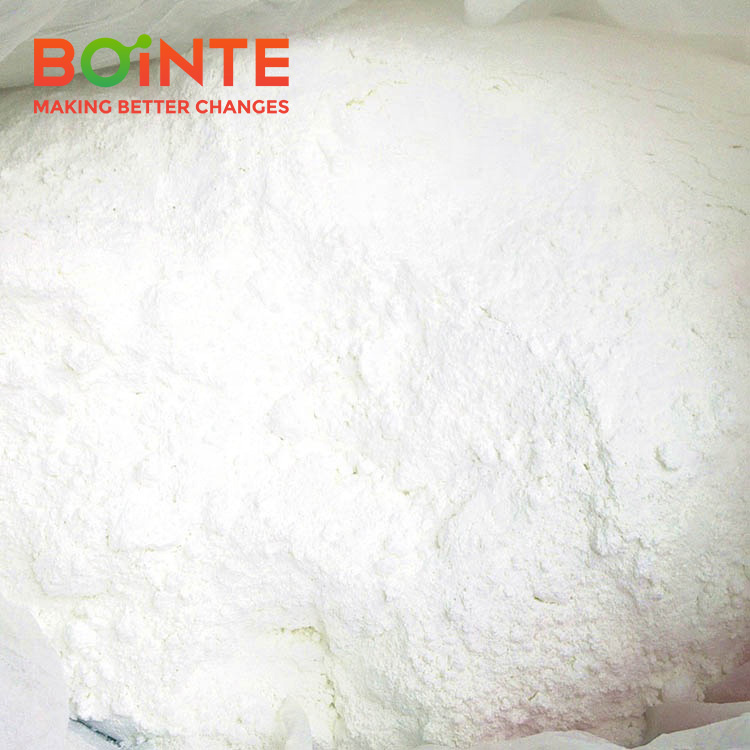Chemical properties
Strong chemical inertness: Precipitated barium sulfate has high chemical stability and hardly reacts with water, ethanol, acid and alkali, making it stable in a variety of chemical environments and suitable for various industrial applications.
Acid and alkali corrosion resistance: It can maintain its physical and chemical properties unchanged under acidic or alkaline conditions, so it has important application value in materials that require chemical corrosion resistance.
Physical properties
Insoluble in water and organic solvents: Precipitated barium sulfate is almost insoluble in water and common organic solvents, which makes it have good stability and suspension in liquid media and is suitable for coatings, inks and other fields.
High whiteness and good gloss: Precipitated barium sulfate has extremely high whiteness and gloss, which makes it important for applications in materials that require high whiteness and gloss, such as paints, coatings, paper, etc.
Narrow particle size distribution: The particle size distribution of precipitated barium sulfate is very narrow and the particle size is uniform, so that it can be evenly dispersed in the material, improving the performance and quality of the material.
Low Oil Absorption: Precipitated barium sulfate has low oil absorption, which enables it to reduce grease absorption in applications such as coatings, improving material durability and performance.
Functionality
Absorb harmful rays: Precipitated barium sulfate can effectively absorb harmful rays such as X-rays and gamma rays. Therefore, it plays an important role in the fields that require radiation protection, such as medical and nuclear industries, such as protective materials for X-ray rooms.
High filling property: The high filling property of precipitated barium sulfate enables it to be filled in large quantities in the material, reducing the material cost while maintaining the good performance of the material.
Improve material properties: Adding precipitated barium sulfate can improve the hardness, wear resistance, heat resistance and other properties of the material, and can also improve the appearance and processing performance of the material.
Application areas
Coatings Industry: As a white filler, it improves the hiding power and gloss of coatings; used in primers and topcoats to enhance the hardness and wear resistance of coatings; its chemical resistance makes it suitable for a variety of environments, including outdoor and industrial applications.
Plastic industry: Used as a filler to reduce costs; improve the heat resistance and rigidity of plastics; its high whiteness and glossiness improve the appearance of plastic products.
Papermaking industry: improve the weight and smoothness of paper; as a coating agent, increase the gloss and printing performance of paper.
Rubber industry: improve the hardness and wear resistance of rubber products; as a filler, reduce production costs.
Pharmaceutical industry: As an X-ray contrast agent, used for examination of the digestive tract.
Other fields: It is also widely used in glass products, ceramics, enamel, spices and pigments as fillers, brighteners, weighting agents, etc.
Post time: Mar-07-2025



